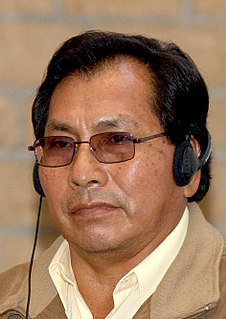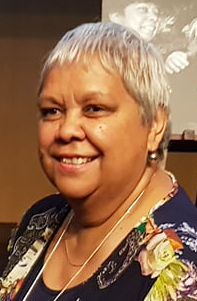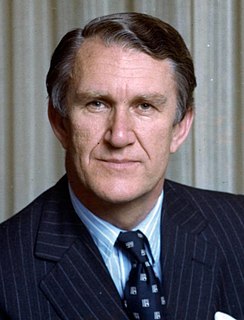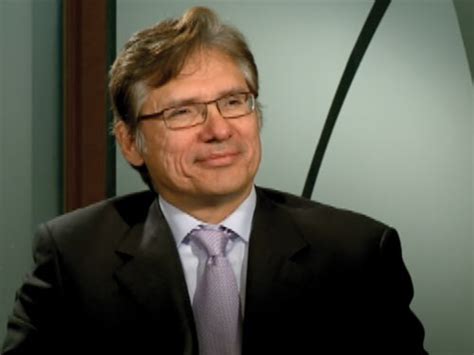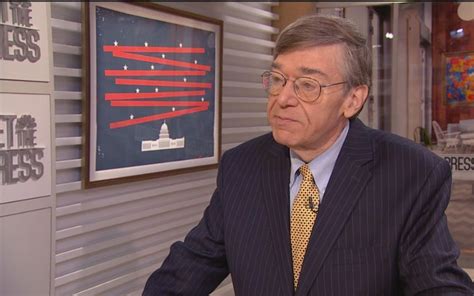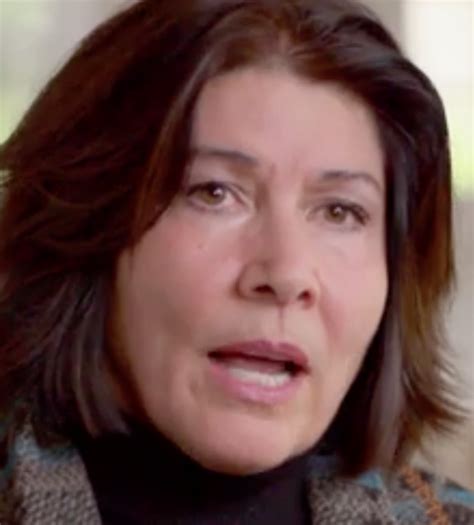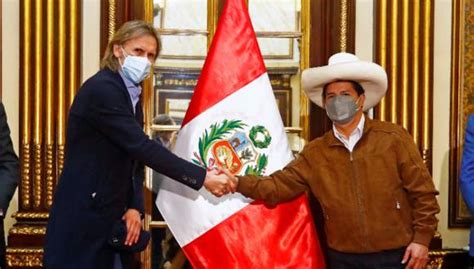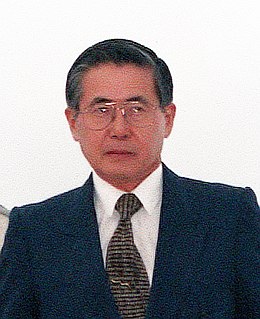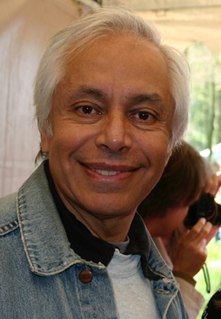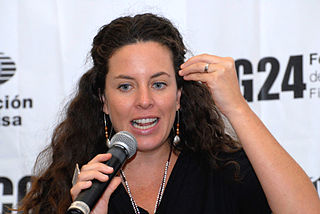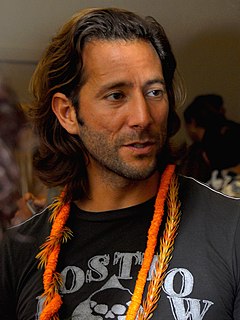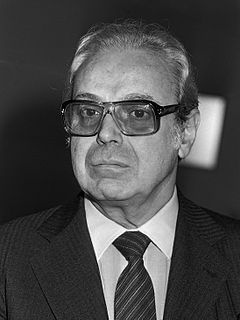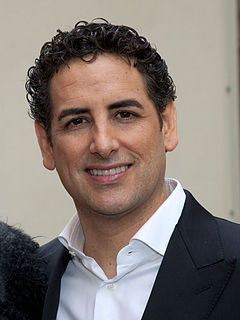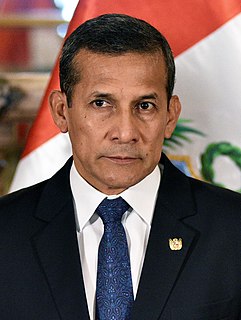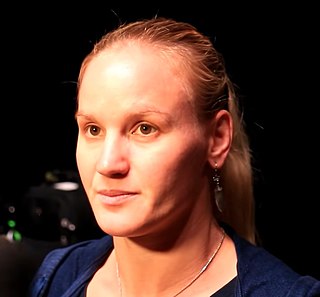A Quote by Evaristo Nugkuag
We are now facing a difficult situation in Peru, where there are attempts to cut back the territorial rights of the indigenous peoples, including moves to divide, fragment and privatise our communal organisations. Now more than ever, it is a matter of urgency for us to consolidate our own indigenous alternatives for development.
Related Quotes
The importance of the term "genocide" for many Indigenous Peoples is that it is more than a term or an accusation; it is a word created in the wake of the Shoah in Europe to describe what happens when a people are targeted by a government for extermination, as were the Jews of Europe, and which is the term used in the most important international law related to concerned Indigenous Peoples, as the only international human rights law that pertains specifically to collectivities of people rather than individuals.
For Indigenous Australians, equal rights and citizenship have not always translated into full participation in Australian society. All Indigenous Australians have only been counted in the census since the 1967 Referendum. Even so, State protection and welfare laws continued to control the lives of Indigenous Australians and denied them equal rights, well into the 1970's.
We cannot allow some people to be left at the back of the human rights bus... We must ensure the rights of individual groups or people -be they indigenous peoples, or peoples of Asian or African or American descent, or Jews or Muslims- are not sacrificed on an altar of progress for some while there are setbacks to others.
For Indigenous peoples , the impact of separating us from our heritage goes directly to the heart that pumps life through our peoples. To expect a people to be able to enjoy their culture without their cultural heritage and their sacred belongings is equivalent to amputating their legs and digging up the ground and asking them to run a marathon.
Racism in our countries is a fact in that the indian is not allowed to be a politician or aspire to being head of state. It has reached the point that 99% of the indigenous women have not gone to school. The indigenous are condemned to live in a situation designed to exterminate them. They receive a pittance of a salary, they neither speak nor write the language, politics dictates their situation. Is this slavery? I don't know what it's called. It is not the same as before because we are in modern times.
In every Indigenous community I've been in, they absolutely do want community infrastructure and they do want development, but they want it on their own terms. They want to be able to use their national resources and their assets in a way that protects and sustains them. Our territories are our wealth, the major assets we have. And Indigenous people use and steward this property so that they can achieve and maintain a livelihood, and achieve and maintain that same livelihood for future generations.
One of the movements we have developed is to say that, just as intellectual property rights protect the inventions of individuals, common rights are needed to protect the common intellectual heritage of indigenous peoples. These are rights that are recognized through the Convention on Biological Diversity. We are working to make sure that they become foundations of our jurisprudence.
As Indigenous peoples, we know there is more to the world. We know spirits exist. We know as women, because we're especially attuned to this kind of knowledge, that spirits exist and have a presence in our lives. Some of us are gifted and can communicate with the spirit world. Not everyone has that gift and can perceive the borders between the living and the dead and our society actively discourages us of exploring the knowledge of what many of us have already always known in our cultures.
The true essence of reconciliation is more than making friends with nonindigenous people. Our motto is united Australia, one that respects the land and the heritage of its indigenous peoples and provides justice and equity for all. I think reconciliation is about changing the structures that govern us and trying to influence opinion leaders in whatever way we can.
